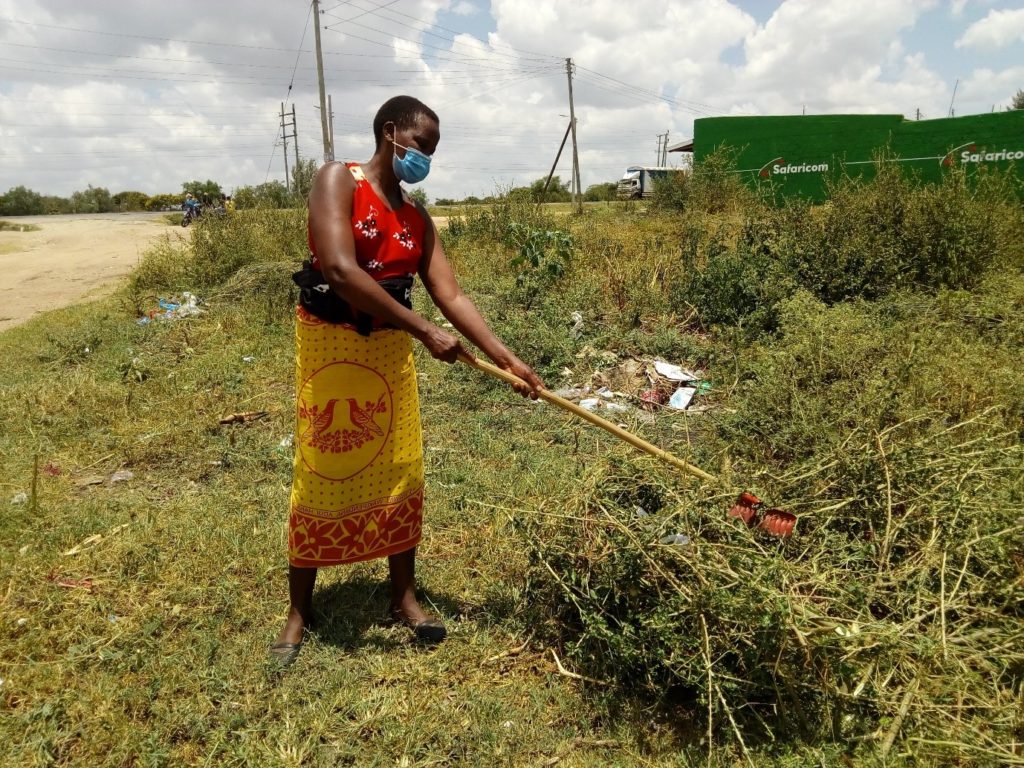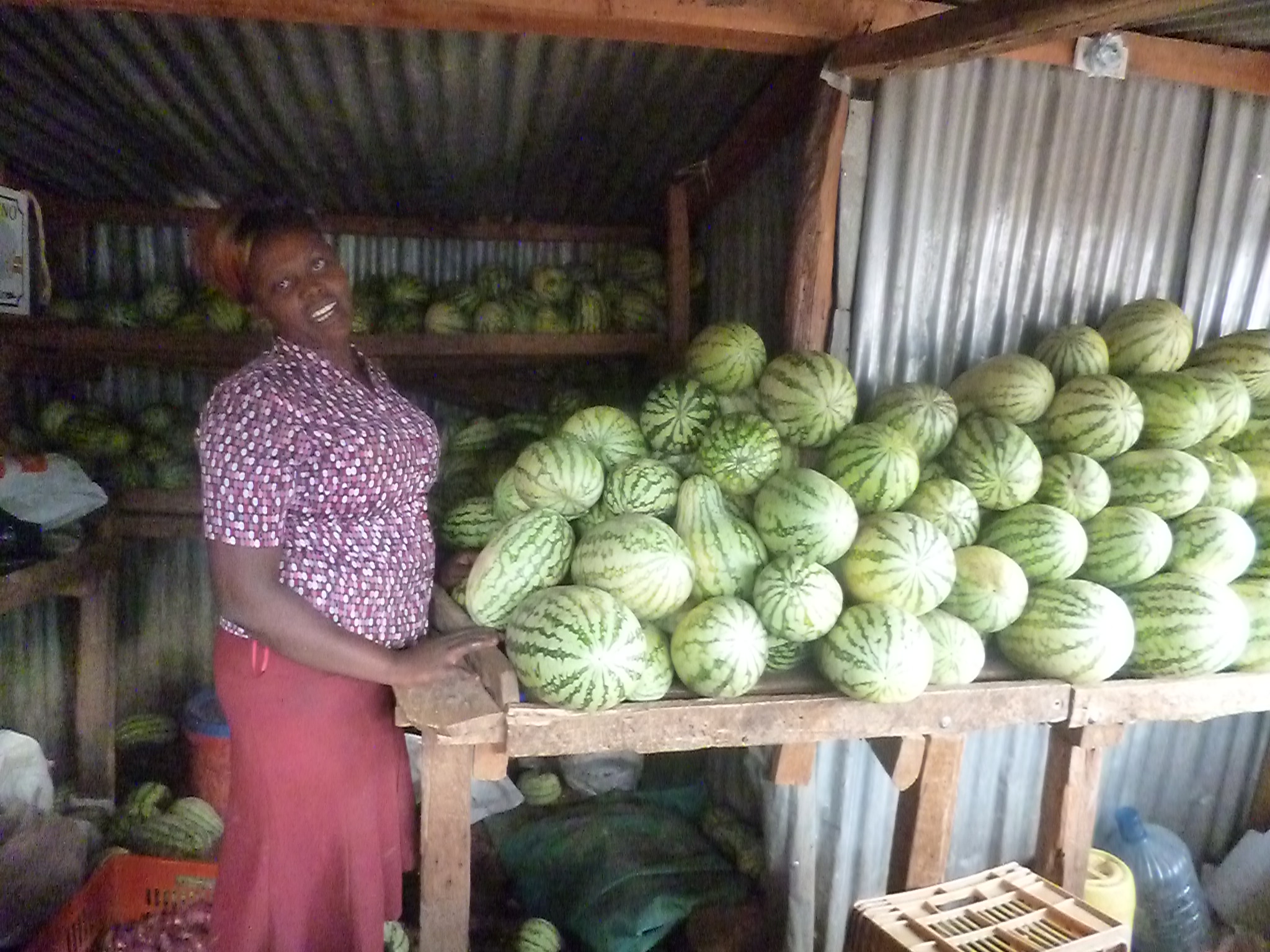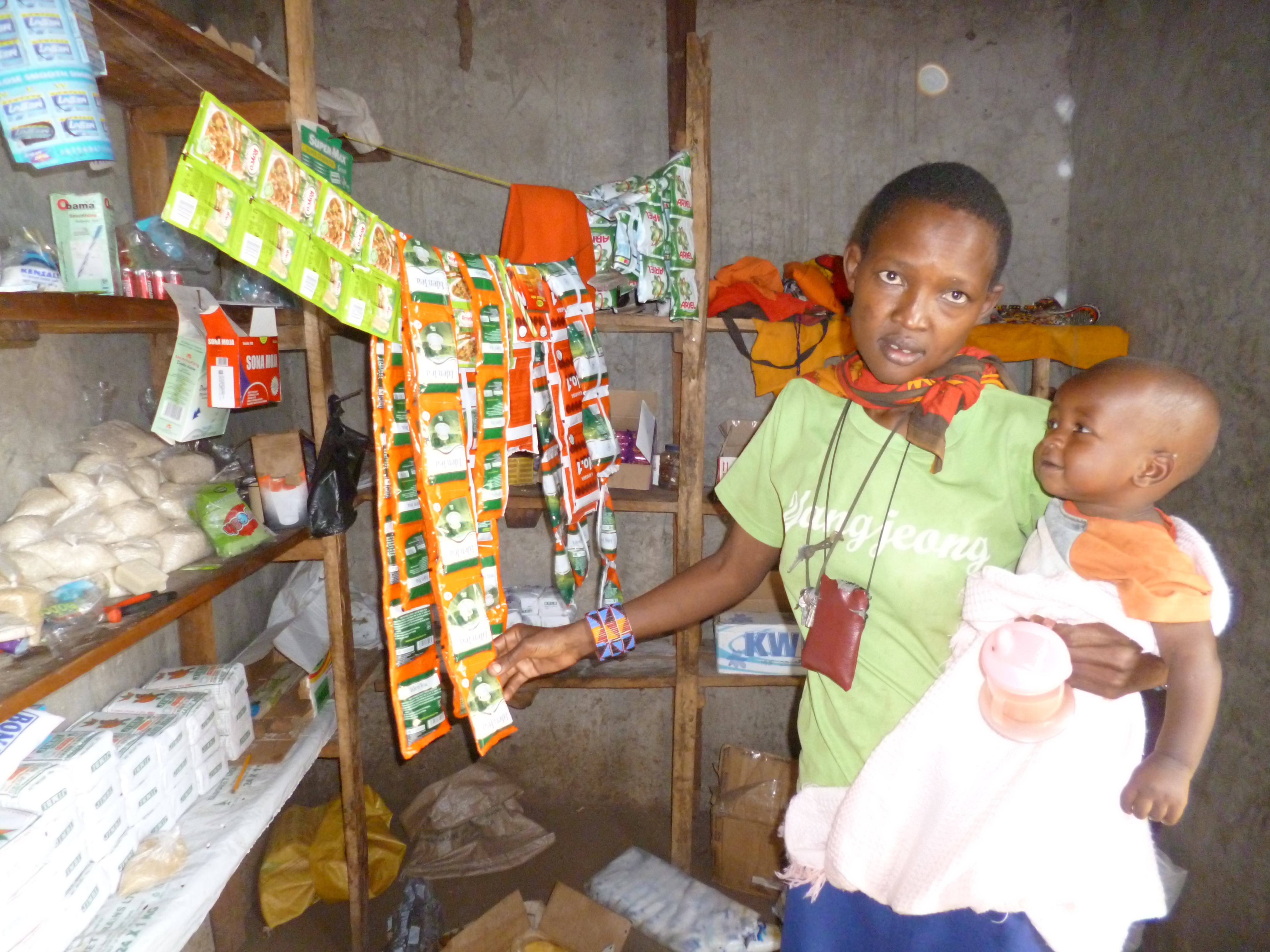By Florence Gichoya
Nairobi, Kenya: Jane Muthoni owns a stationery shop in downtown Nairobi and her business was doing well before the COVID-19 pandemic hit the country. She worked well with local publishers and suppliers for the smooth running of her business.
However, in March last year after the first COVID-19 case was reported in Kenya, President Uhuru Kenyatta issued several containment measures that included travel restrictions in and out of Nairobi, night curfew, and immediate shutting down of all schools in the country. For several months she reported losses and she struggled to pay her business rent and her two employees.
“It was a hopeless situation with a lot of uncertainty,” she says.
Just like Muthoni, many Micro Small, and Medium Enterprises (MSMEs), especially those owned by women were adversely affected by the pandemic. According to the COVID-19 Gender Assessment 2020 report, which was compiled jointly by Nairobi-based UN agencies and the Kenyan government. It showed that the pandemic led to a loss of incomes of many people in the formal and informal sectors. However, more women at 20%, than men at 12% lost their income in 2020.
 The report further indicated that the MSMEs owned by women were the worst hit, 1 in 10 women employers who owned businesses before the pandemic could not continue with their business.
The report further indicated that the MSMEs owned by women were the worst hit, 1 in 10 women employers who owned businesses before the pandemic could not continue with their business.
Many employers issued pay cuts to their employees and some reported losses and reduced their business operations capacity. The majority of the workers who relied on daily wages saw lower productivity due to restricted movements and night curfews that reduced working hours.
Overall, both individual and household incomes declined as a result of the pandemic. 1 in 5 women lost their jobs and another 3 out of 4 reported a decrease in their incomes further waning their economic empowerment. It was a dire situation for the majority of the population.
The president issued directives to cushion vulnerable Kenyans. These included a 100% tax relief for people earning Ksh 24,000 and below, reduction of PAYE tax from 30% to 25% and reduction of turnover tax for SMEs from 3% to 1%.
In addition, the government set up a COVID-19 Emergency Response fund with the goal to mobilize resources from the public, companies, institutions, and organizations. The funds raised were used for emergency response in containing the spread, effect, and impact of COVID-19 in the country.
Hurdles of women entrepreneurs
The struggle of women entrepreneurs is not unique to Kenya. In March this year, the International Finance Corporation (IFC) released the COVID-19 and Women-led MSMEs in Sub-Saharan Africa: Examining the Impact, Responses, and Solutions report. The findings showed that over 90% of MSMEs in Africa are suffering harsh economic impacts from the pandemic. Most of the women-led MSMEs have reported revenue losses of over 50%.
Prior to the pandemic, women were already experiencing hurdles in accessing financing for their businesses. For instance, women-led MSMEs entered the pandemic with lower rates of financial inclusion than male-led MSMEs, the pandemic only made the situation worse.

Prof. Margaret Kobia, Kenya’s cabinet secretary for Youth and Gender Affairs, inferred last year that women business owners were vulnerable to the negative effects of the pandemic in the country. She recommended the adoption of technology for easier business recovery. “Access to technology will enable women to grow their businesses in the post-pandemic period. The mobile application will enable women entrepreneurs to work from home while taking care of their families,” she said.
The IFC survey revealed that more women business owners were adopting technology in the operations of their businesses compared to men. 51% of women-owned MSMEs used some form of digital tools during the pandemic versus 41% of men-owned MSMEs.
After schools reopened, Muthoni was hopeful that she will manage to recover the lost revenue in 2020. However, this is not the case for all women entrepreneurs, the IFC report showed that 34% of women entrepreneurs in Kenya said that they could not continue with their business because of the negative impact of the pandemic, compared to 20% of the men entrepreneurs. 85% of women MSMEs cut non-essential costs versus male-owned MSMEs who cut 63%. Similarly, 81% of women-owned MSMEs diverted personal savings to business versus 57% of men-owned MSMEs.
The government through the Women Enterprise Fund (WEF), non-governmental organizations, and the private sector have launched programs to support businesswomen.
In May this year, Absa Bank launched a Women in Business Proposition to give over one million women entrepreneurs access to finance, market, information, and access to mentorship and coaching in the next five years. Women who run MSMEs are encouraged to seize these opportunities for the growth of their businesses and their empowerment.














